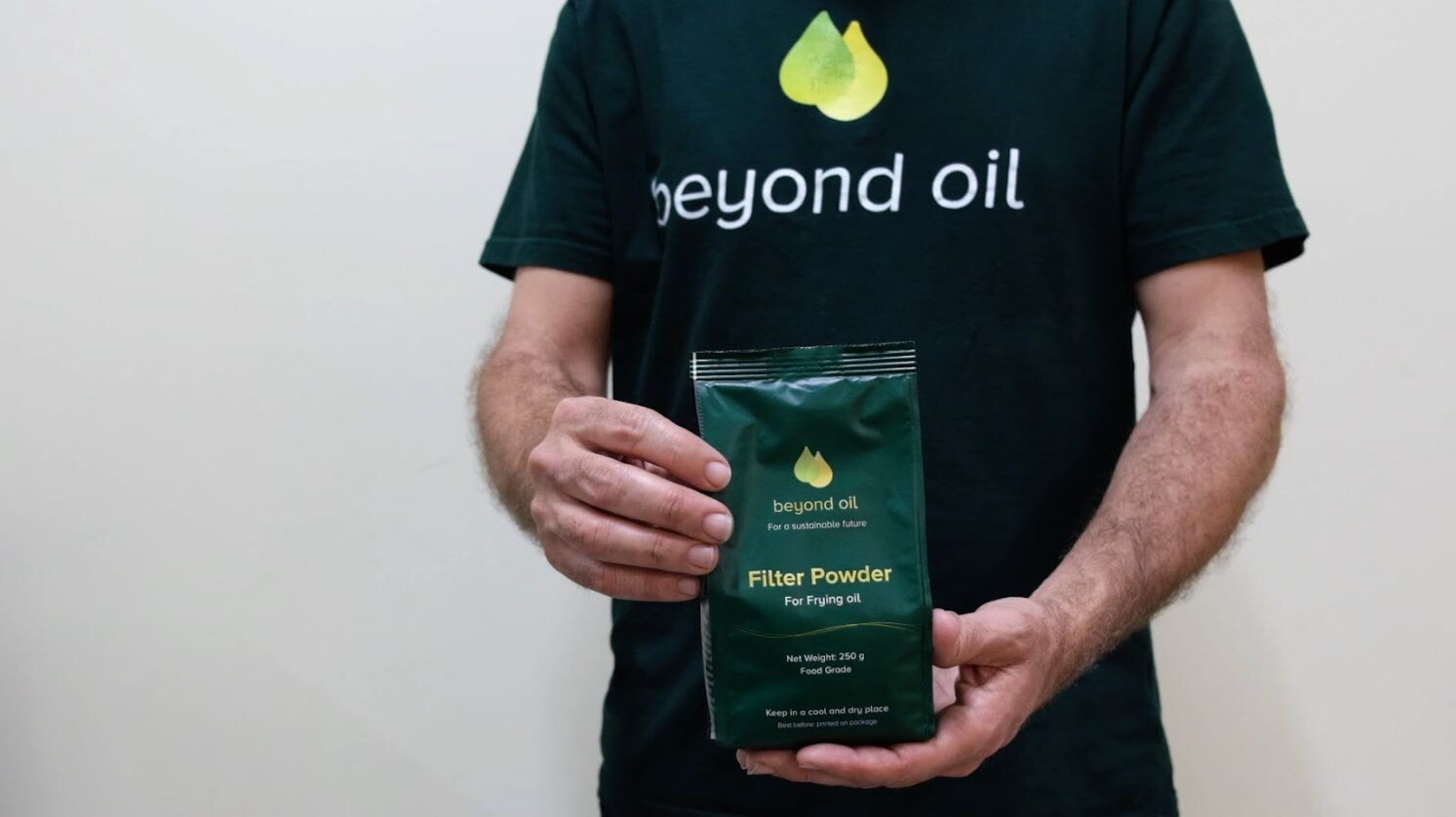Multinational professional services firm Accenture has already spent one-third of a planned $3 billion investment in generative AI (genAI) technology to help it reach internal productivity gains and more efficiently produce client products. The results have been nothing short of remarkable.
After using GitHub Copilot, 90% of developers said they felt more fulfilled with their job — and 95% said they enjoyed coding more with Copilot’s help. And by reducing more routine tasks, it also made them 40% more productive.
The return on investment has been impressive in other ways. In the first six months of this fiscal year, Accenture has secured $1 billion in genAI bookings from clients, over half of which came in during Q2. The company, which employes about 150,000 engineers, is also aiming to double its AI workforce from 40,000 today to 80,000 employees in the future.
After recently completing a gig as Accenture’s head of technology for North America, Adam Burden has now taken on a number of other roles, including being the company’s chief software engineer and global lead for innovation, responsible for all lab-related R&D projects. In short, Burden is responsible for all of Accenture’s incubating business projects, its venture investments, as well as innovation, advisory projects — and the workforce associated with them.
Burden spoke with Computerworld about the challenges of using genAI tools, along with some of its most unexpected benefits.
Adam Burden, Accenture’s chief software engineer
Accenture
How has genAI affected your job and the jobs of software engineers and others who work for you? “It’s already virally infecting us in many ways. It’s become part of people’s natural workflow processes where we have general AI systems that are built into teams. For example, [there’s] one called Amethyst that I use all the time to help me better locate Accenture knowledge sources and resources, ask questions about methodology — that one’s become pretty popular and is in the, I would say…, mainstream.
2024-05-27 19:51:02
Link from www.computerworld.com


















